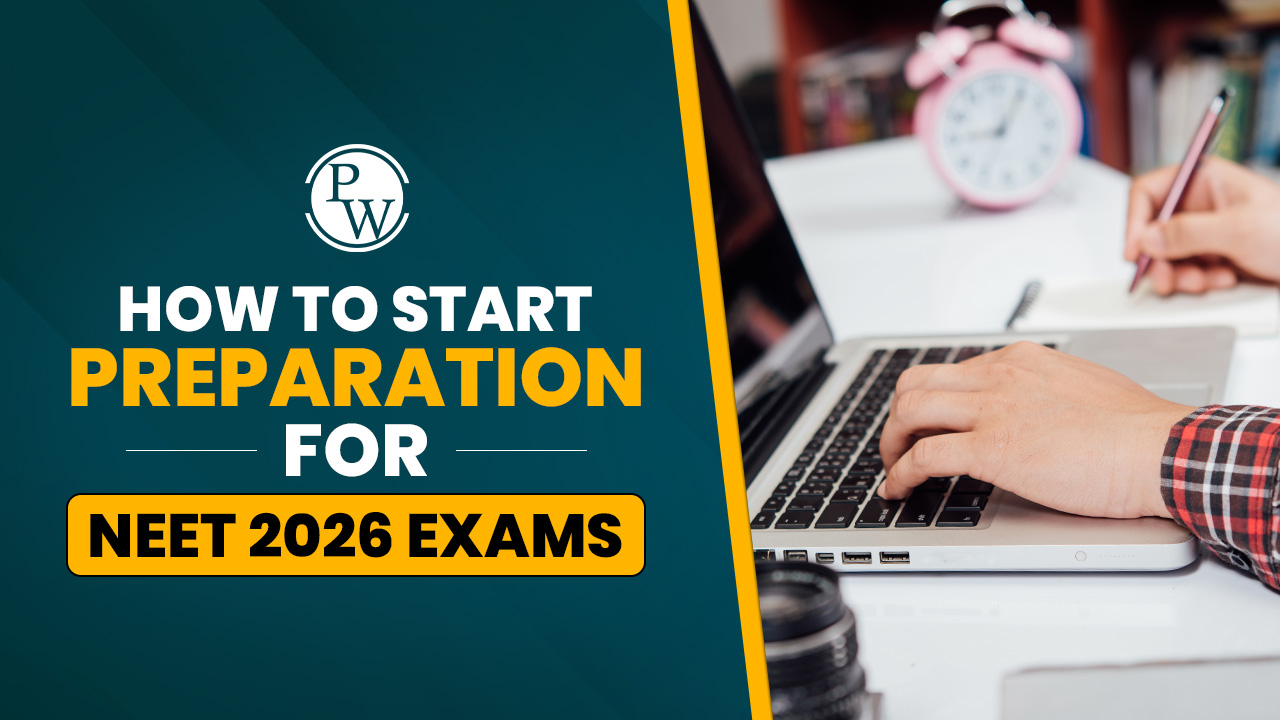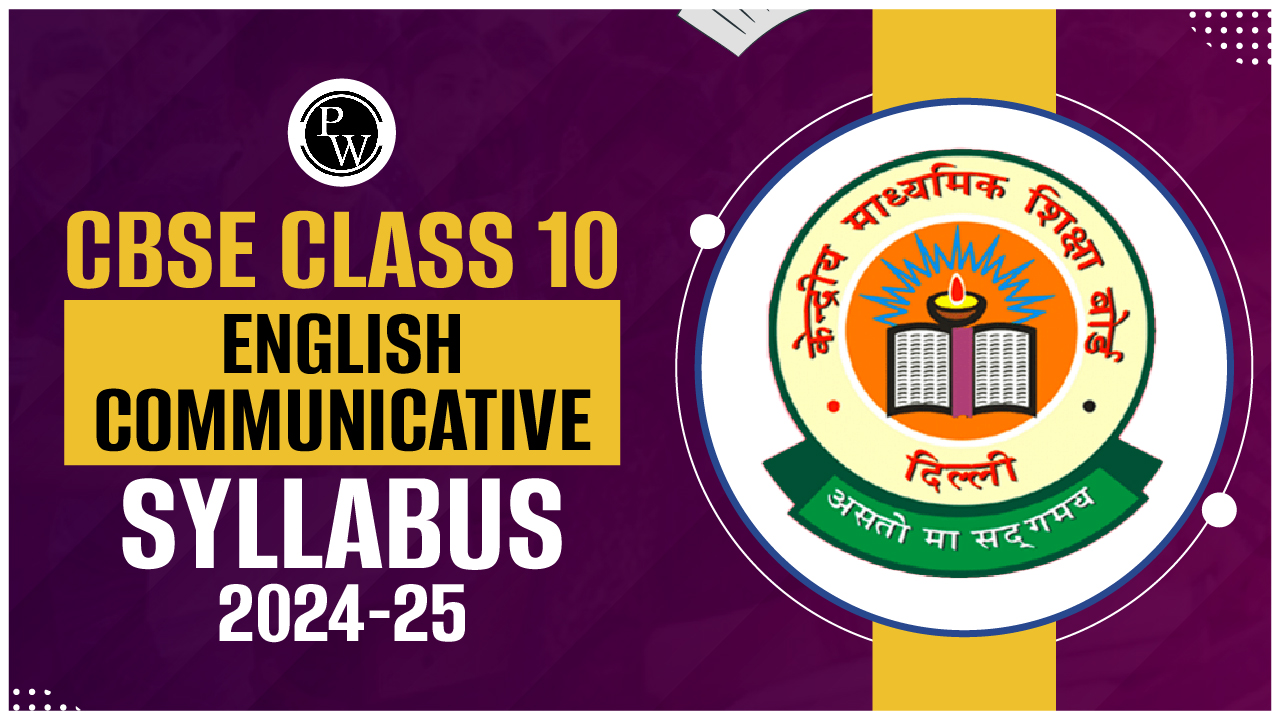How to Start Preparation for NEET 2026 Exams

Are you dreaming of becoming a doctor but feeling lost about where to start? Every year, thousands of students worry about NEET preparation, watching their dreams slip away because they do not know the right approach. Imagine having a clear, step-by-step plan that takes you from confusion to confidence. Picture yourself walking into the NEET 2026 exam hall, knowing you have prepared the smart way. Think about the joy on your parents' faces when you get into your dream medical college. We will reveal the exact strategies that successful NEET students use. You will learn how to master the NEET 2026 syllabus, choose the right NEET preparation books, and create a winning study plan. Don't let another day pass in confusion. Start your journey to medical school today with this proven roadmap that has helped thousands of students achieve their dreams.
Check Out - NEET Books
Reasons to Start NEET 2026 Preparation Early?
Starting your NEET exam preparation early is like planting a tree. The sooner you plant it, the stronger it grows. When you begin early, you have time to learn each topic slowly and clearly, practice lots of questions, fix your weak areas, take many practice tests, and stay calm and confident.
Students who start late often feel rushed and stressed. They try to cover everything quickly and end up forgetting important concepts. Early starters have the advantage of building strong foundations that last throughout their preparation journey.
NEET 2026 Syllabus
The NEET 2026 syllabus comes from your Class 11 and 12 NCERT books. It has 79 chapters total across all three subjects. This might sound like a lot, but remember - you have time! NEET syllabus is carefully designed to test your understanding of basic science concepts that every future doctor should know.
Physics topics include how things move, heat and temperature, light and sound, and electricity and magnets. These concepts help you understand how medical equipment works and how the human body functions from a physics perspective.
Chemistry covers atoms and molecules, chemical reactions, organic compounds, and physical properties. This knowledge is essential because the human body is essentially a complex chemical factory with thousands of reactions happening every second.
Biology is the heart of medical education, covering how plants work, how animals work, human body systems, genetics, and evolution. Since you'll be dealing with living organisms as a doctor, this section carries the most weight in NEET.
1. Get the Right NEET Books
NCERT books are your best friends for NEET preparation. These books contain everything the exam will test you on, written in simple language that's easy to understand. For Class 11, you need NCERT books and some good books. Many students also use PW NEET books and other reference materials, but always start with the NCERT first. These books have everything you need to know, and most NEET questions come directly from NCERT content or are based on NCERT concepts.
|
Book Name |
Link |
|
Arjuna For NEET Class 11 Physics, Chemistry, Botany and Zoology Modules with Solutions |
|
|
Lakshya For NEET Class 12 Physics, Chemistry, Botany and Zoology Modules with Solutions |
|
|
Yakeen For NEET Droppers Physics, Chemistry, Botany and Zoology Modules with Solutions |
2. Make a Study Plan
How to prepare for the NEET starts with a good plan. Think of it like building a house - you need a blueprint first. Your study plan should be realistic and something you can follow for months.
A good daily schedule might include 2 hours for Physics in the morning when your mind is fresh, 2 hours for Chemistry in the afternoon, 2 hours for Biology in the evening, and 1 hour at night for review and practice. This gives you 7 hours of focused study time, which is enough if you study efficiently. Allocate time based on subject weightage and your personal strengths. Biology should get 40% of your study time, Chemistry 35%, and Physics 25%. However, adjust these percentages based on your current performance levels in each subject.
3. Subject-Wise NEET Preparation Tips
Physics preparation can be tricky because it has lots of math, but don't worry! Start with basic concepts and make sure you understand the "why" behind each formula before memorizing it. Practice numerical problems daily because NEET physics tests your ability to apply concepts to solve problems.
For effective NEET 2026 preparation in chemistry, make colorful charts for reactions, practice naming compounds daily, learn periodic table trends thoroughly, solve numerical problems in Physical Chemistry regularly, and use memory tricks for Organic Chemistry patterns. Biology is the most important subject for NEET because it has 90 questions out of 180 total. This means half your score depends on biology.
4. Practice with NEET Previous Year Papers
NEET Previous year question papers are super important because they show you exactly what to expect. These papers help you understand question patterns, learn time management, find frequently asked topics, build confidence, and reduce exam fear.
Start solving papers from 2019 onwards because recent papers reflect current trends better. Begin with subject-wise papers to focus on one subject at a time, then move to full papers once you are comfortable. Always time yourself and see how you are improving with each attempt.
|
Book Name |
PDFs |
|
38 Years NEET Previous Year Solved Question Papers Physics, Chemistry and Biology |
|
| NCERT Punch Physics, Chemistry, Biology For NEET Exam | |
5. Take Mock Tests Regularly
Mock tests are like practice matches before the real game. They help you check your preparation level, improve speed and accuracy, handle exam pressure, learn from mistakes, and build stamina for the 3-hour exam.
Take at least 2-3 mock tests every week once you finish each subject. Start with shorter tests and gradually move to full-length papers. Treat each mock test like the real exam - sit in a quiet room, set a timer, and do not take breaks. After each mock test, spend time analyzing your performance.
6. Revision Strategy
Daily revision should include a quick 30-minute review of the day's topics, solving 10-15 quick questions, and checking difficult formulas.
Weekly revision needs about 2 hours to go through the week's chapters, solve practice papers, and clear any doubts that came up during the week. Monthly revision should be a complete subject review where you take a full mock test and analyze your performance.
The key to good revision is spacing it out over time. Don't try to revise everything in one day before the exam. Instead, review topics regularly so they stay fresh in your memory. A great way to do revision is using PW NEET Revision Books to get your dream marks or college.
Starting your NEET exam preparation for 2026 is an exciting journey toward your dream of becoming a doctor. Success comes to those who start early, study smart, and stay consistent throughout their preparation.
Remember to start with NCERT books as your foundation, make a realistic study plan that you can follow consistently, practice with previous year papers to understand exam patterns, take regular mock tests to build speed and confidence, stay healthy and motivated throughout the journey, and keep revising regularly to retain what you learn.
How to prepare for NEET 2026 is not just about studying hard - it is about studying smart with the right strategy, materials, and mindset. With the right approach, dedication, and consistent effort, you can achieve your dreams of becoming a doctor.
Read More: Is NEET Question Bank Useful for Beginners?
NEET 2026 Exam Preparation FAQs
1. When should I start preparing for NEET 2026?
You should ideally start your NEET 2026 preparation after Class 10 or at the beginning of Class 11 to get enough time to cover the full syllabus and revise well.
2. How can I prepare for NEET 2026 at home?
Follow a timetable, study NCERT books first, use online videos or apps, solve NEET previous year question paper sets, and take mock tests regularly.
3. How many hours should I study for NEET 2026 daily?
Study at least 6–8 hours daily. Focus more on quality than quantity. Include breaks, revision time, and MCQ practice.
4. How important are NEET previous year question papers?
Very important. Solving the NEET previous year question paper sets helps you understand the exam pattern, repeated questions, and time management.











